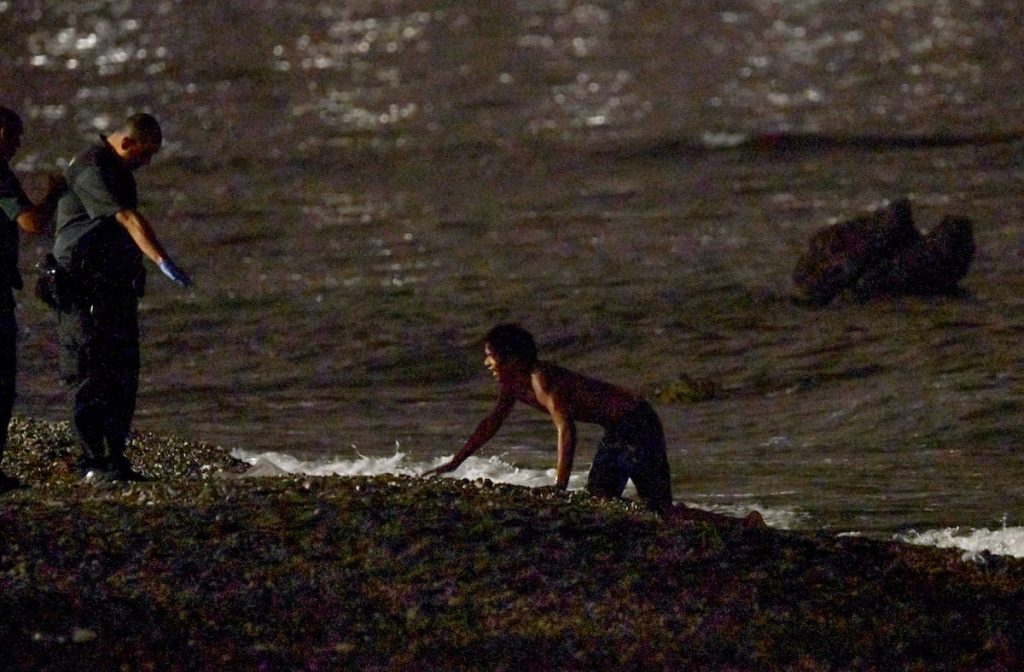In the past year, Spain was the only Mediterranean country able to contain irregular immigration, but this changed with a significant increase in the Canary route. Currently, Spain, along with Greece, is the only Mediterranean country experiencing growth in irregular entries. The pressure is increasing due to refugees from the Sahel region and sub-Saharan areas moving towards African coasts with the intention of emigrating. Morocco is controlling departures, while the challenge now lies further south in Mauritania. The situation is not expected to improve due to difficulties in the Sahel region.
Immigration, especially irregular immigration, is becoming an increasingly important political issue, seen in recent elections in France, Europe, and Spain. The sharp increase in entries is driven by the Canary route, where 70% of migrants enter Spain irregularly. The numbers have more than doubled compared to the previous year. However, there has been a slowdown in arrivals compared to earlier this year. The key will be the final four months of the year, as calm waters in the Atlantic may lead to a rise in arrivals, impacting the situation of nearly 6,000 minors in the Canary Islands.
Spain’s President Sanchez will visit Mauritania, Gambia, and Senegal to strengthen collaboration as Mauritania faces a critical situation with a 6,000% increase in arrivals from its coasts in the first half of the year. The country is overwhelmed by the influx, with refugees moving towards the Canary Islands and pressure mounting due to worsening conditions. The arrival of Malians, the largest nationality of irregular arrivals in Spain, presents new challenges as many may qualify as refugees due to the conflict and terrorism in Mali.
Mauritania is experiencing its own refugee crisis, with a significant number of local Mauritanians choosing to emigrate, indicating growing discontent. The appearance of Syrians, Pakistanis, and Bangladeshis arriving via Mauritania and Senegal reveals a shift in migration patterns, raising concerns about the professionalization of human trafficking networks. Morocco’s strict control of its coasts has led to a decrease in arrivals from the north, with some migrants redirected towards southern regions. Ceuta remains a hotspot for entries, with a rise in land and sea arrivals.
Spain must adapt to the changing migration patterns, with a focus on providing protection to potential refugees, as seen in the increasing number of Malian arrivals. Increased cooperation with countries like Mauritania and Senegal is crucial in managing the influx, while addressing the root causes of migration. The situation in North Africa highlights the need for a strategic approach that promotes legal and safe migration options, considering demographic and labor market imbalances between Europe and Africa.


